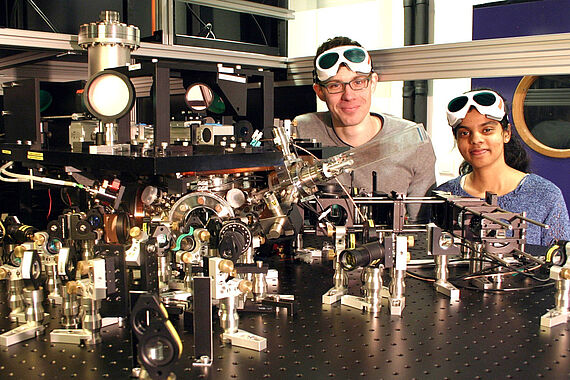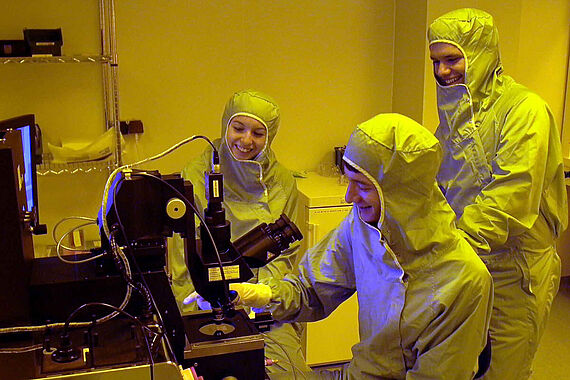Why quantum science and nanomaterials?
The continuing miniaturization and integration of technology requires a better understanding and control of the quantum nature of matter that becomes dominant at the (sub) nm scale. QMat prepares the next generation of scientists and engineers to shape the future of quantum and nanotechnology, by putting them at the forefront of international research combined with an engaging training programme bridging physics, material science, chemistry and engineering.
Educational approach
Learn from world leading experts in fundamental and applied science
Training by research : integrating coursework with individual research projects.
International and industrial internship opportunities
Access to the PhD programme for successful MSc students



